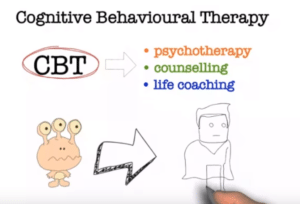News
Therapies for psychological, psychiatric and psychosocial problems can be very diverse. For clients this means that it’s often difficult to understand what is the exact nature of these therapies.
For behavioural and cognitive therapies this section will help you to find out what they are , how hey work, what you can expect from them.
Visiting the whole site will even give you a better understanding.

This document is also available in the following languages:
Bosnian, Catalan, Croatian, Czech, Danish, Dutch, Estonian, French, German, Greek, Polish, Romanian, Serbian, Turkish
Download other languages

